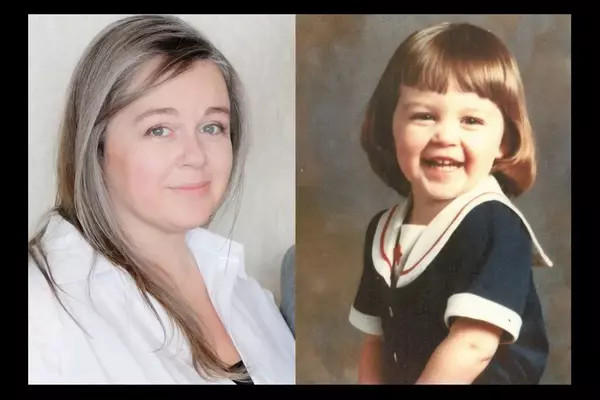
Minority ethnic children and children from deprived backgrounds across the UK are more likely to die following admission to intensive care than their white and more affluent counterparts, a study has found.
These children consistently had worse outcomes following their stay in a paediatric intensive care unit (PICU), the research by academics at Imperial College London discovered.
The study showed they were more likely to arrive at intensive care severely ill, more likely to die after admission, and more likely to stay longer or be readmitted unexpectedly after discharge.
The report, published in the Lancet Child & Adolescent Health, looked at 14 years of UK-wide data between 2008 and 2021, commissioned by the Healthcare Quality Improvement Partnership, on more than 160,000 critically ill children aged 15 and younger.
While previous studies have shown that minority ethnic children have an increased rate of admission to PICUs, this study is the first to look at the health outcomes of these children, and children from more deprived backgrounds, following admission.
More specifically, Asian children were 52% more likely to die following admission to a PICU than their white counterparts. Their mortality rate was 1,336 deaths per 26,022 admissions, compared with a rate of 4,960 deaths per 154,041 admissions for white children, who had the lowest mortality rate overall.
Children living in areas with high levels of child poverty had a 13% increased likelihood of dying while in a PICU compared with children from more affluent backgrounds, at a rate of 2,432 deaths per 58,110 admissions.
Dr Hannah Mitchell, the lead author of the study from the department of surgery and cancer at Imperial College London, said the reasons behind this disparity were complex and could be due to structural factors such as discrimination and language barriers.
Prof Padmanabhan Ramnarayan, the senior author of the study, said: “These children may face discrimination, both within and outside healthcare, which can lead to hesitancy seeking help or delays accessing urgent care. Language barriers may further complicate access.
“Children from some ethnic minority groups have a higher prevalence of complex or life-limiting conditions, making them more vulnerable. Children living in poverty are more likely to develop serious illnesses such as asthma or traumatic injuries, and may struggle to access timely care due to difficulties getting help from GPs or A&E.”
He added that further research to fully understand the reasons behind this disparity was needed.
The study also found that children from minority ethnic backgrounds were more likely to have a longer stay in PICUs, an average of 66 hours compared with their white counterparts who had an average stay of 52 hours.
Minority ethnic children were also found to have an increased likelihood of an unplanned readmission to a PICU within 60 days of discharge, at 9%, compared with their white counterparts who had a readmission rate of 6.8%.
Ramnarayan said: “It shouldn’t be the case that a child’s ethnicity or postcode determines their outcomes in PICU.
“Our findings show the urgent need for improved access to urgent care, reducing barriers to healthcare access, earlier recognition of serious illness in children, and more coordination between hospitals and community care teams to improve PICU outcomes across the UK.”
A government spokesperson said: “This government is working to stamp out this country’s stark health inequalities – life chances should never be determined by where you live or the colour of your skin.
“A core ambition of our 10 Year Health Plan is to provide first class healthcare for everyone and end the postcode lottery.
“We are taking unprecedented action by diverting billions of pounds to working class communities that need it most – prioritising investment in towns with the greatest health needs.”







